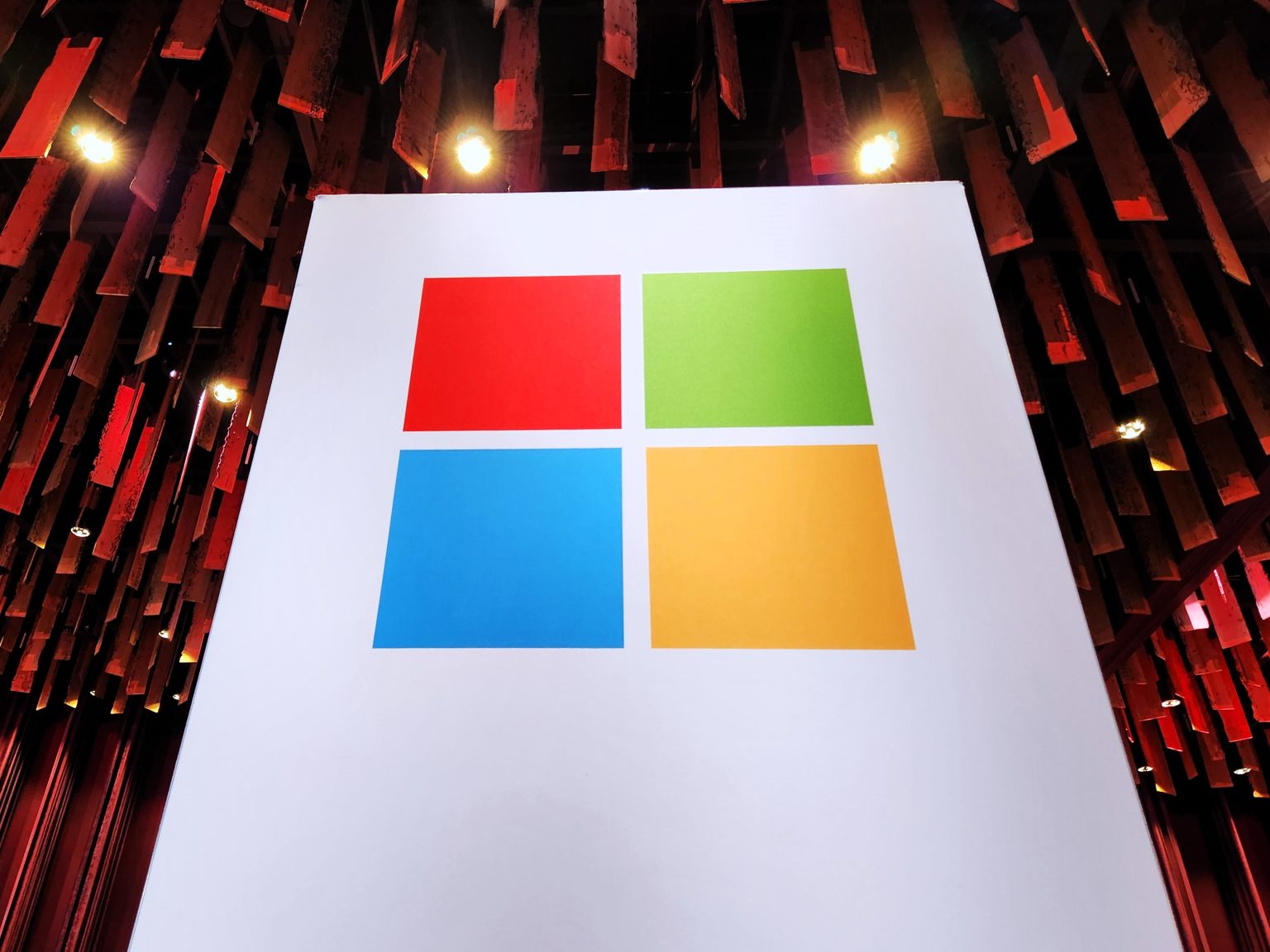Microsoft’s annual shareholder meeting, held on Tuesday, provided insights into investor sentiment surrounding the tech giant’s current strategies and future direction. While none of the six shareholder proposals secured enough votes for adoption, the results revealed varying levels of support for initiatives related to artificial intelligence, human rights, cryptocurrency investments, and military applications. The voting outcomes underscore the complex interplay between technological advancement, ethical considerations, and financial interests that shape Microsoft’s corporate landscape.
One of the most resounding rejections by shareholders was the proposal advocating for Microsoft to invest in Bitcoin. With less than 1% of the vote in favor, the proposal clearly lacked broad appeal. However, Microsoft’s management and board acknowledged considering Bitcoin and other cryptocurrencies as part of their investment strategy, indicating a willingness to explore the potential of digital assets despite the lack of shareholder enthusiasm. This disparity suggests a disconnect between investor risk appetite and the company’s exploratory approach to emerging financial technologies.
The most significant shareholder concern, as evidenced by the voting results, centered on the ethical implications of AI development. A proposal requesting an annual report on AI data sourcing accountability garnered over 36% approval, the highest among all proposals. This proposal highlighted concerns about the origins of training data used for AI models, particularly in relation to Microsoft’s partnership with OpenAI. The proposal underscored the potential for unethical or illegal data sourcing, such as personal information, copyrighted works, and proprietary commercial data. The New York Times’ lawsuit against Microsoft and OpenAI for alleged inclusion of their articles in AI training data served as a prominent example of these concerns. While Microsoft’s board opposed the proposal, citing existing commitments to responsible data sourcing, the significant shareholder support reveals a demand for greater transparency and accountability in the company’s AI practices.
Two other AI-related proposals further emphasized investor interest in the ethical dimensions of this technology. One proposal, focusing on AI-related misinformation and disinformation, received nearly 19% approval, indicating growing awareness of the potential societal harms associated with AI-generated content. Another proposal, questioning the use of AI and related technologies in new oil and gas development and production, garnered nearly 10% approval, reflecting concerns about the environmental impact of AI applications. These results collectively demonstrate a growing shareholder desire for Microsoft to prioritize ethical considerations alongside technological advancement in its AI endeavors.
Beyond AI, shareholder concerns extended to human rights and military applications of technology. A proposal calling for a report on Microsoft’s decision to locate data centers in countries with significant human rights concerns, specifically mentioning Saudi Arabia, received the second-highest level of approval at around 32%. This vote signals investor unease about the potential complicity in human rights violations through infrastructure development in problematic regions. Another proposal, requesting a report on Microsoft’s involvement in military applications and potential weapons-related technology, received 15% approval, highlighting investor scrutiny of the company’s role in the defense sector.
The shareholder voting results offer a valuable glimpse into investor priorities and concerns regarding Microsoft’s current operations and future direction. The strong support for transparency and accountability in AI data sourcing, coupled with concerns about human rights and military applications, underscores the growing importance of ethical considerations in the tech industry. While none of the proposals succeeded in achieving adoption, they serve as a clear message to Microsoft’s leadership, emphasizing the need to address these issues proactively to maintain investor confidence and ensure long-term sustainability.
The disparity between the overwhelming rejection of the Bitcoin investment proposal and the more nuanced responses to AI-related concerns reveals a complex investor landscape. While shareholders appear hesitant about venturing into volatile cryptocurrency markets, they demonstrate a clear interest in the responsible and ethical development and deployment of artificial intelligence. This suggests that investors are increasingly prioritizing long-term societal impact alongside financial returns, pushing companies like Microsoft to navigate the complex intersection of technological innovation and ethical responsibility. The results of this shareholder meeting serve as a crucial reminder that the future of technology companies depends not only on their ability to innovate but also on their commitment to ethical principles and societal well-being.


